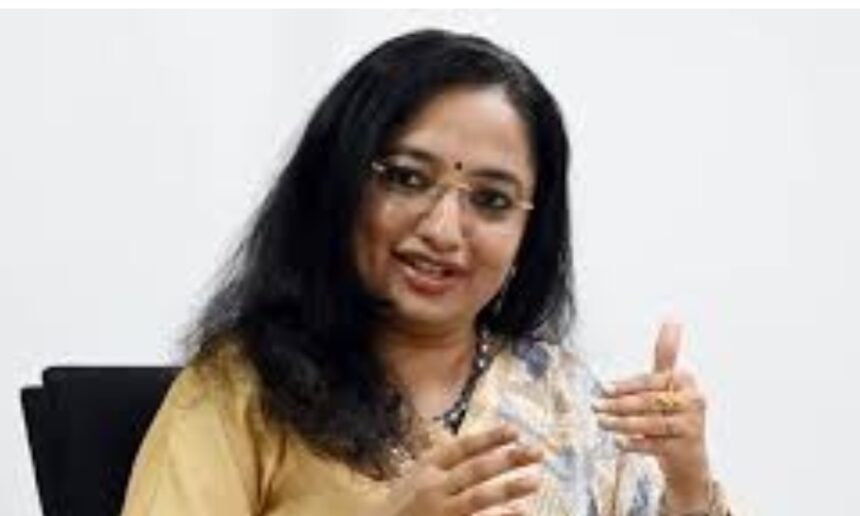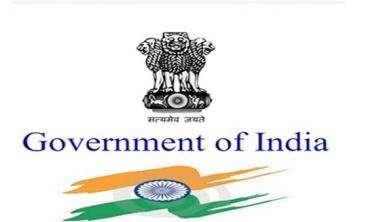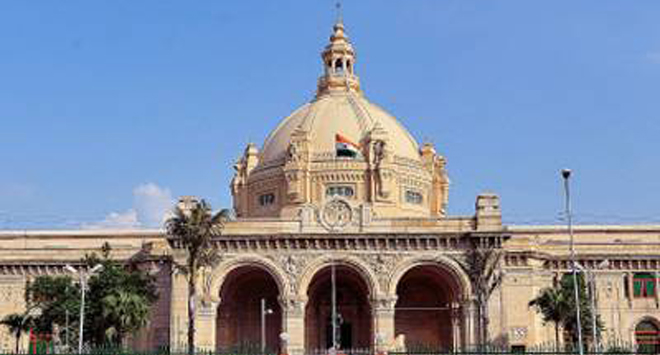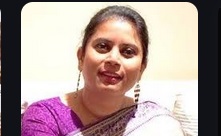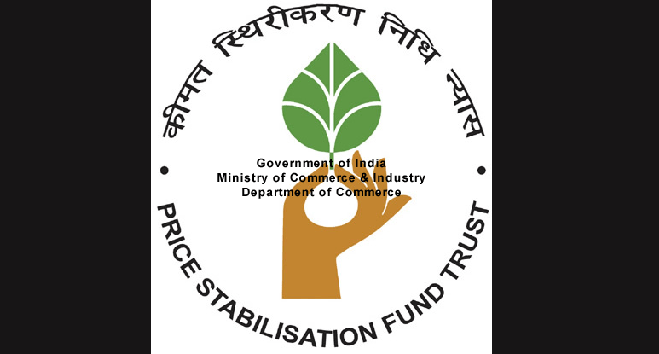CM Backs IAS Officer Divya S Iyer amid social media uproar, labeling criticism as ‘Male Chauvinism’.
Kerala Chief Minister Pinarayi Vijayan has strongly defended IAS officer Dr. Divya S Iyer, who came under fire over an Instagram post praising her husband, K K Ragesh. Addressing the criticism, the Chief Minister said it was “deep-rooted male chauvinism” that fueled the backlash.
“She merely expressed her personal views as a government employee,” Vijayan said. “She is being targeted for holding an opinion that differs from her husband’s political stance. Her sincerity must be recognized in that context.”
Dr. Divya, who currently serves as the Managing Director of Vizhinjam Port, had shared a post lauding her husband Ragesh — formerly the Chief Minister’s private secretary — who recently took charge as CPM’s Kannur district secretary. In the post, she praised his work ethic and respectful demeanor, even poetically comparing his protective nature to Karna, a heroic figure from the Mahabharata.
The post drew sharp criticism from several Congress leaders and the Youth Congress, who accused Divya of crossing professional lines as a civil servant. Youth Congress Kannur president Vijil Mohan took to social media to criticize her, stating that her salary doesn’t come from the CPM’s headquarters, the AKG Centre.
Further critique came from former Congress MLA K S Sabarinadhan, who acknowledged Divya’s intentions but suggested her choice was a misstep. “It’s one thing to appreciate a government’s work. Praising an individual who has taken up a political role is a different matter altogether,” he said, calling it a lapse in judgment.
However, prominent Left leaders including E P Jayarajan and K K Shailaja voiced support for Divya, affirming her right to personal expression.
In response to the controversy, Divya posted a reflective message, noting, “Over the past year and a half, I’ve faced intense criticism for acknowledging goodness in others. Sometimes I wonder what a strange world we live in.”
The incident has ignited broader discussions on bureaucratic neutrality, personal expression in the digital age, and the gendered lens through which public servants — especially women — are often scrutinized.


